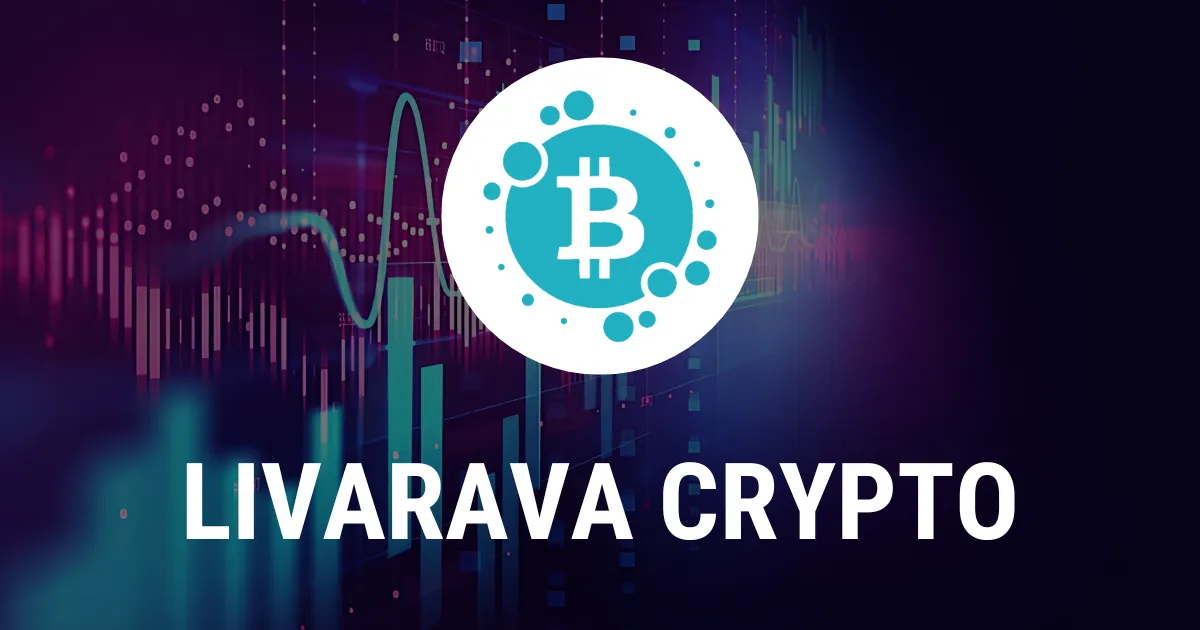Exploring the 10 Best Innovations in Blockchain Technology

Introduction to Blockchain Innovations
Since its introduction in 2008, blockchain technology has evolved and sparked a variety of innovations across multiple sectors. Below are some of the significant innovations driven by blockchain technology:
1. Decentralized Finance (DeFi)
DeFi platforms allow users to perform financial transactions without intermediaries, enabling greater accessibility and efficiency.
2. Supply Chain Transparency
Blockchain provides an immutable record that enhances transparency and accountability within supply chains.
3. Digital Identity Verification
Digital identities powered by blockchain bolster security while simplifying the verification process across various services.
4. Secure Voting Systems
Implementing blockchain for voting can significantly reduce the risk of fraud and bolster public trust in elections.
5. Intellectual Property Protection
Blockchain aids in tracking ownership and licensing of digital content, protecting creators' rights effectively.
6. Tokenization of Assets
Asset tokenization allows for greater liquidity and fractional ownership in traditionally illiquid markets.
7. Energy Trading Platforms
Blockchain facilitates peer-to-peer energy trading, optimizing electricity distribution and consumption.
8. Healthcare Records Management
By leveraging blockchain, healthcare providers can secure patient records and ensure they are easily accessible while maintaining privacy.
9. IoT Device Management
Blockchain streamlines the management of IoT devices, enhancing security and reducing operational costs.
10. Blockchain in Gaming
Innovations in gaming with blockchain allow players to truly own their in-game assets, creating new economic models.
Final Thoughts on Blockchain Innovations
Blockchain technology stands as a force for change in numerous sectors. Its potential is limitless, and understanding these innovations can unveil opportunities across industries.
This article was prepared using information from open sources in accordance with the principles of Ethical Policy. The editorial team is not responsible for absolute accuracy, as it relies on data from the sources referenced.